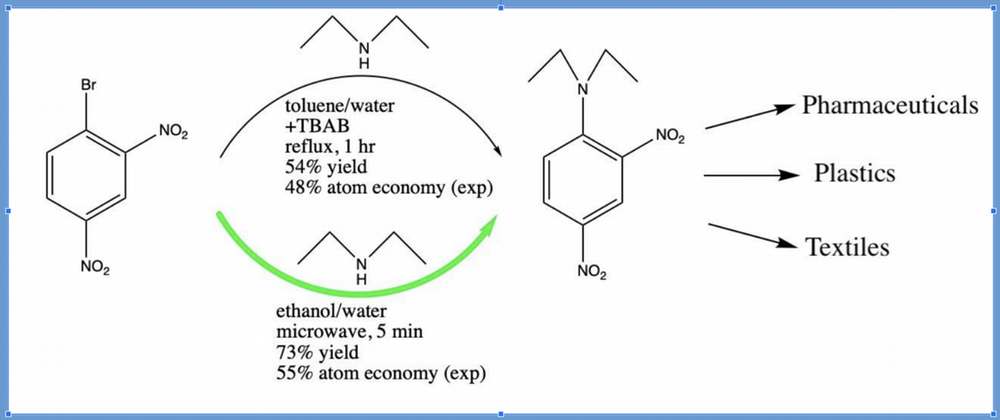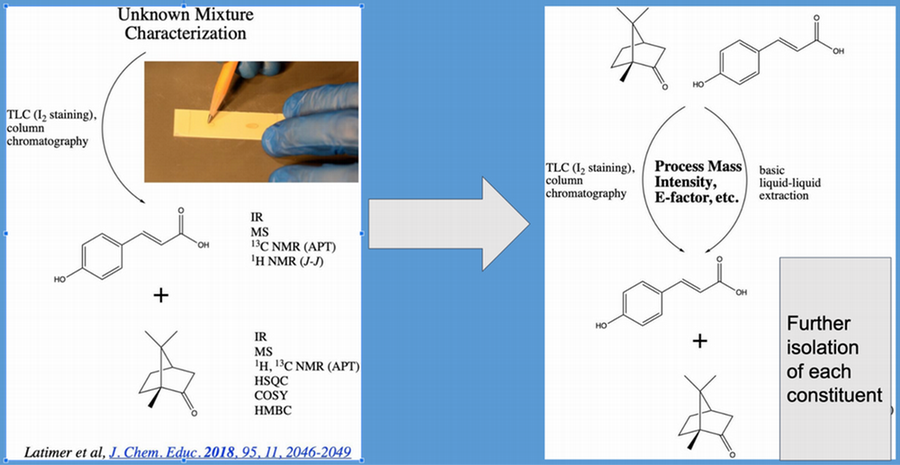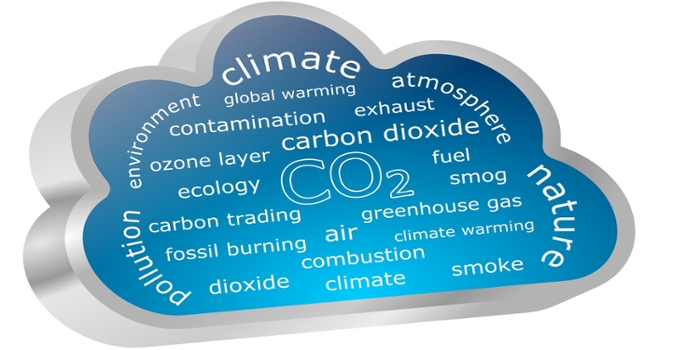Environmental
Environmental chemistry is the scientific study of the chemical and biochemical phenomena that occur in natural places. It should not be confused with green chemistry, which seeks to reduce potential pollution at its source. It can be defined as the study of the sources, reactions, transport, effects, and fates of chemical species in the air, soil, and water environments; and the effect of human activity and biological activity on these. Environmental chemistry is an interdisciplinary science that includes stmospheric, aquatic and soil chemistry, as well as heavily relying on analytical chemistry and being related to environmental and other areas of science.
Environmental chemistry involves first understanding how the uncontaminated environment works, which chemicals in what concentrations are present naturally, and with what effects. Without this it would be impossible to accurately study the effects humans have on the environment through the release of chemicals.
Environmental chemists draw on a range of concepts from chemistry and various environmental sciences to assist in their study of what is happening to a chemical species in the environment. Important general concepts from chemistry include understanding chemical reactions and equations, solutions, units, sampling, and analytical techniques.
FACULTY IN THIS RESEARCH AREA:
Devin Latimer - Environmental Chemistry and Green Chemistry Education
Devin Latimer has published an open educational resource, Chemistry and the Environment,[1] for his Environmental Issues course and devotes much of his time to the development of curriculum that teach students the benefits of incorporating the principles and metrics of green chemistry and constantly reviewing chemistry methodology.[2] In one senior organic lab experiment,[3] an alternate microwave-assisted route to the commonly used nucleophilic aromatic substitution reaction is shown to be much easier, quicker and greener than the traditional reflux route:

In a complementary project, green chemistry developments on a multi-week upper-division organic lab experiment[4] which is a hybrid of problem-based learning (PBL); process-oriented guided-inquiry learning (POGIL); and peer-led team learning (PLTL) are underway. Students develop simpler and greener processes to separate and characterize mixtures, once again demonstrating to students the advantages of reviewing basic chemical and green chemistry principles:

In a new development on the study of the SN2–SN1 and E2–E1 reaction mechanisms,[5] students use a modified Hickman distillation head and distill the highly volatile elimination products (bp below 40 °C) without using carrier solvents. The students are able to analyze the distillate directly and use 1H and 13C NMR as well as Gas Chromatography without solvent removal or additional purification steps. The safe and green design of these experiments makes them attractive to implement in large enrollment organic chemistry teaching laboratories.
In 2024, the Department of Chemistry signed the Beyond Benign Green Chemistry Commitment.[6]
[1] Chemistry and The Environment (second edition); Latimer, Devin.R.; OSCRiceUniversity (Houston, Texas)/DevinRLatimer (Winnipeg, Canada), 2022. bit.ly/Chem-Env
[2] Green chemistry labs teach students a sustainable and innovative mindset; Latimer, D.; The Conversation, August 18, 2019. https://theconversation.com/green-chemistry-labs-teach-students-a-
sustainable-and-innovative-mindset-120806
[3] Greening the organic chemistry laboratory: A comparison of microwave-assisted and classical nucleophilic aromatic substitution reactions; Latimer, D. and Wiebe, M.; Green Chem. Lett. Rev., 2015, 8 (2), 39-42. https://doi.org/10.1080/17518253.2015.1065010
[4] Overcoming the hurdle from undergraduate lab to research lab: A guided inquiry structural characterization of a complex mixture in the upper-division undergraduate organic lab, Latimer, D., Ata, A., Forfar, C.P., Kadhim, M., McElrea, A. and Sales, R.; J. Chem. Educ., 2018, 95 (11), 2046-2049. https://doi.org/10.1021/acs.jchemed.7b00421
[5] Revisiting Elimination Reactions in the Pentanol and Bromopentane Series, Raza, R, Pattison, C., Zhou, W., Clarke, L., Latimer, D. and Merbouh, N.; J. Chem. Educ., 2023, 100 (8), 2999-3007. https://doi.org/10.1021/acs.jchemed.2c01052
[6] https://www.beyondbenign.org/school_profiles/university-of-winnipeg/
Dr. Charles S. Wong - Elucidating the fate, behavior, and effects of anthropogenic compounds in the environment
Dr. Wong's research interests are in the area of environmental chemistry, and focus on elucidating the fate, behavior, and effects of anthropogenic compounds in the environment. A thorough understanding of how chemical pollutants move, react, and persist in the environment is crucial for finding solutions to the risks they may pose to the public, to wildlife, and to environmental resources. Of particular interest are chemicals that are widely produced and released as a result of human activity, and/or chemicals that bioaccumulate up aquatic and terrestrial food webs that are globally distributed from long-range transport.

